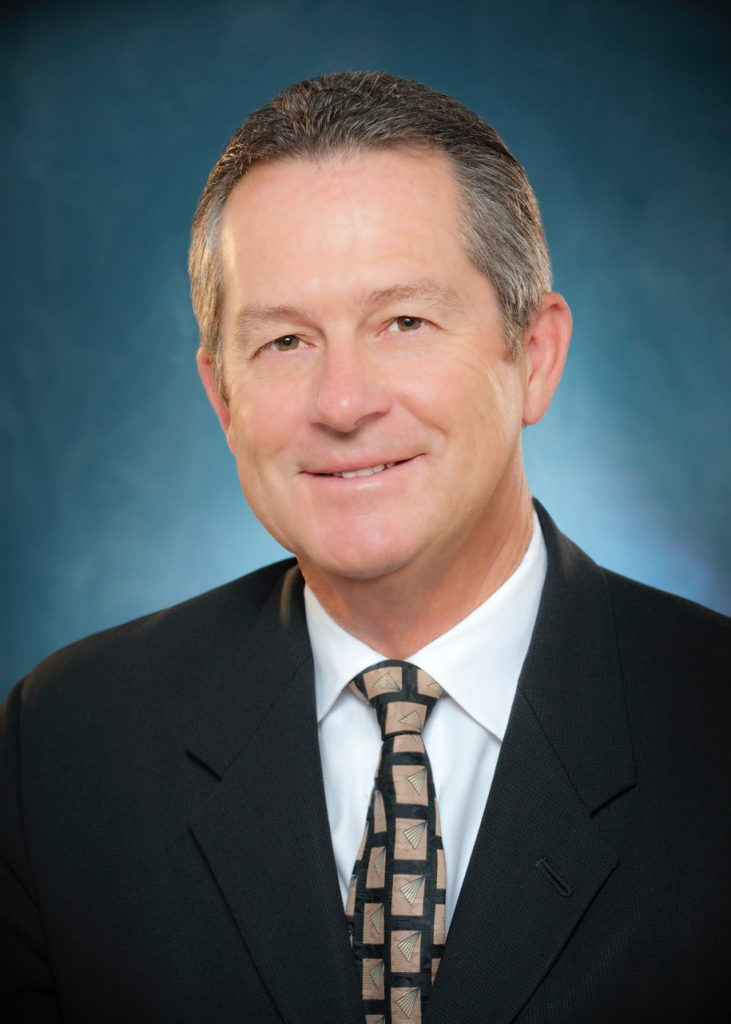As one who has spent an entire career working with community banks, credit unions, and merchants, I can say it’s abundantly clear how they all suffer from a broken payments system, with the Fed’s automated clearing house being the lone exception. While merchants and community banks don’t share the same views on many subjects, they both view the domestic payment system as over-priced, fraud-prone, unfair to smaller players, and dominated by big banks.
But now, the emergence of faster payments provides the merchant community as well as community banks and credit unions with a generational opportunity to fix payments.
The history of card payments illustrates how what was once a fairly balanced system has become one-sided and economically unbalanced. Merchants pay absurdly high fees to accept cards. At the same time, community banks and small credit unions are saddled with unreasonable fees from the networks and processors they are forced to use to process their payments.

The card-payments duopoly preys upon the merchants. And with severely tiered pricing, the same duopoly disproportionately favors big banks over community banks and credit unions. Fees are piled on by the oligopoly of core processors that provide checking account and credit card processing to smaller financial institutions. The result is to drive most of them out of the credit card business entirely and to make debit cards and checking-account services prohibitively expensive to offer to their customers.
This distorted market is ultimately harmful to most consumers, since the inefficiencies of the system are baked into the prices consumers pay for goods and services. These inefficiencies also place community banks and credit unions at a competitive disadvantage to the big banks, which many consumers prefer to avoid due to their lack of personal service.
Now it’s clear faster payments are destined to replace card payments. Unless merchants and community banks act now to prevent governance of faster payments by the same big banks that control cards, we will witness just another payment system set up to benefit big banks at the expense of merchants, community banks, and credit unions.
The Fed nearly bowed to the demands of the big banks by, at first, promising not to process faster payments. As the only one to cast a “no” vote on the Fed’s original report on the subject, I was gratified to see the Fed change its mind. Now we will have a faster-payments option available to all businesses, one that isn’t a product of the big banks. One can only hope the Fed itself (instead of another Nacha) will govern its faster-payment system. Big banks should sit at the table of governance, but so should merchants, community banks, and credit unions.
But merchants, community banks, and credit unions need to better organize to ensure they get a better deal out of faster payments than they are getting today out of card payments. They need to get more involved with the industry groups driving faster payments, and develop their own associations—maybe even payments networks and payments processors—to compete with the established payments players that long ago sold out to the big banks. They also need to engage in collective purchasing of payments and processing services.
And, last but not least, they must circumvent the existing networks by devising means to bring merchants, community banks and credit unions together under a more efficient payment model.
—Mark Horwedel is an independent payments analyst. Until he stepped down in 2018, he was chief executive of the Merchant Advisory Group, which represents merchant interests on payments issues.





